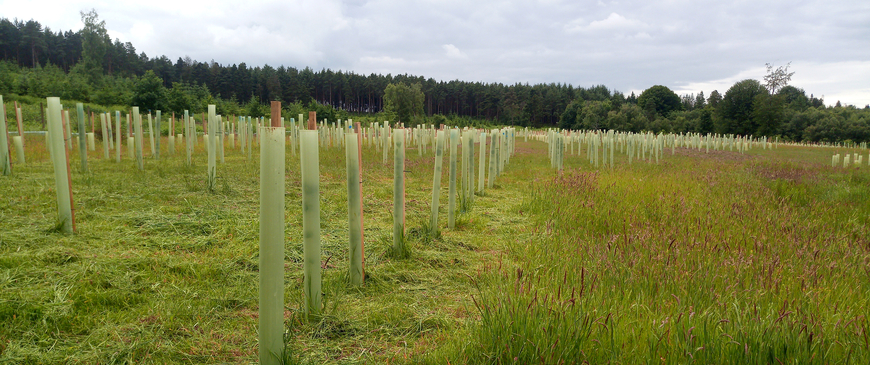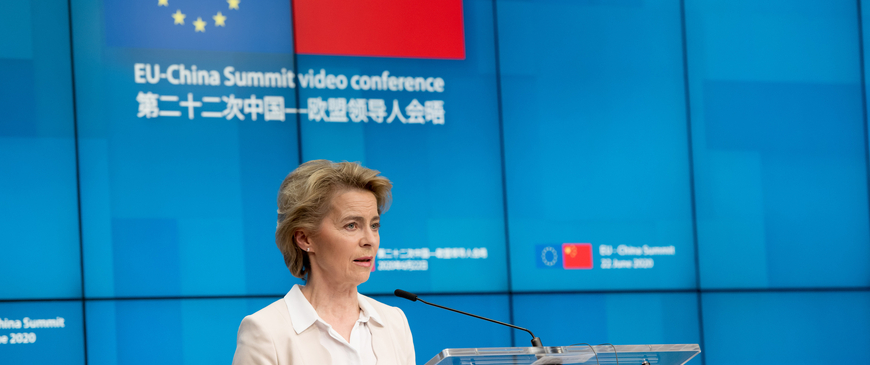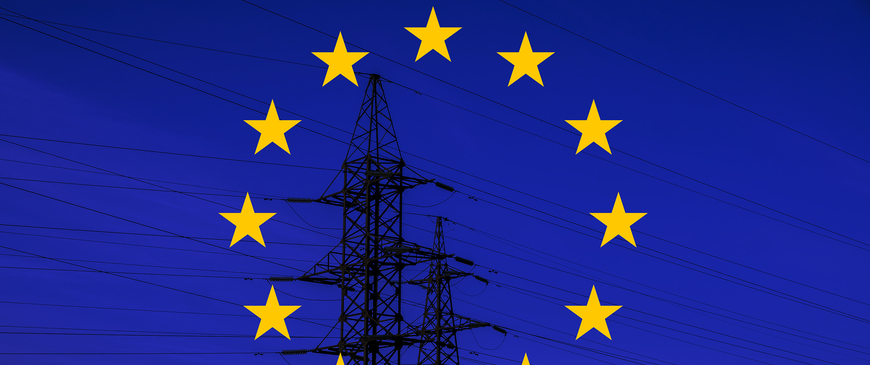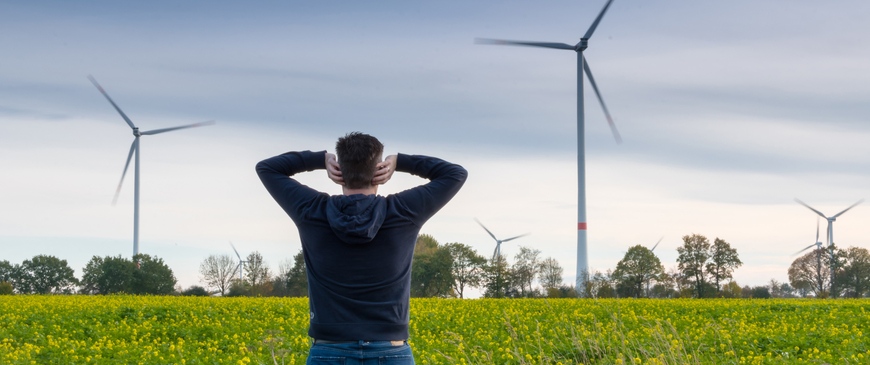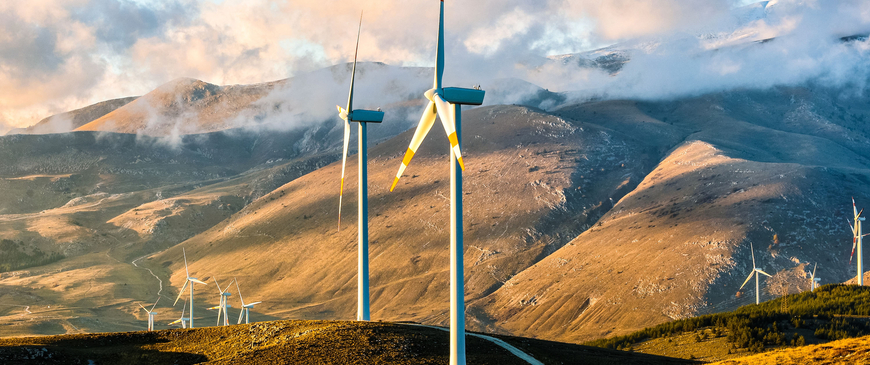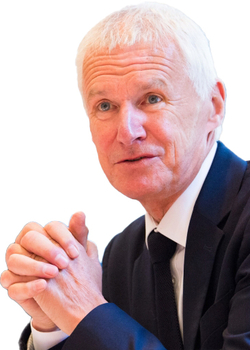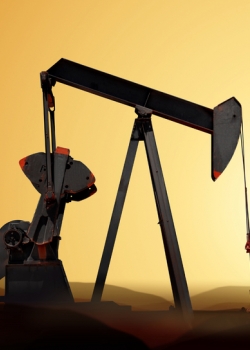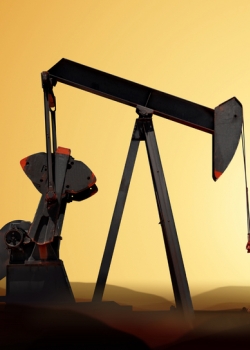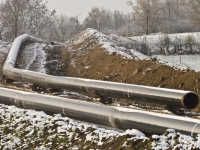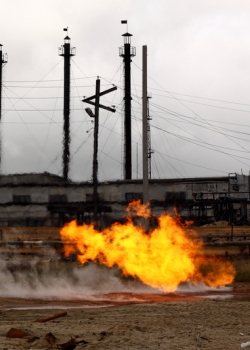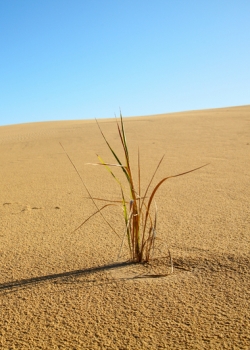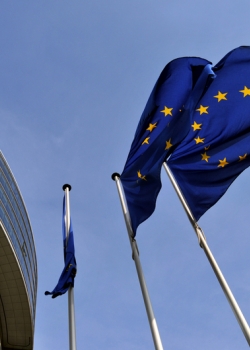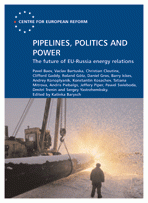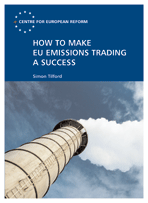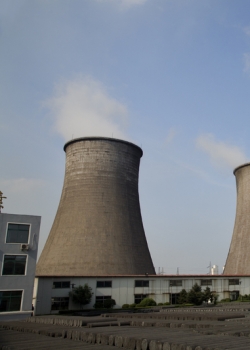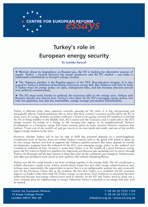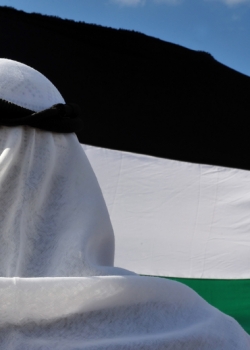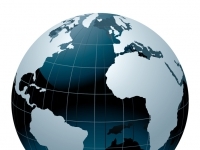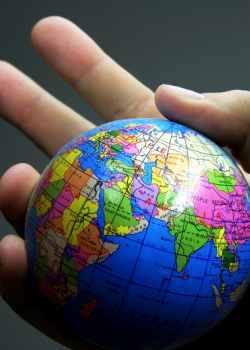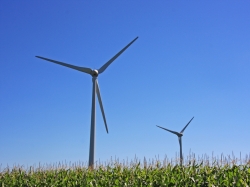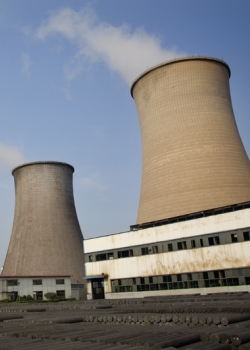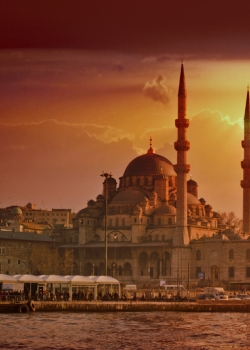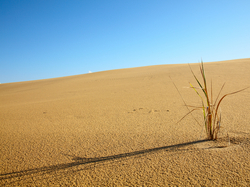Energy & climate
Why global energy markets need governing
02 February 2009
After a year of upheaval it may seem perverse to take the world’s financial system as a model for anything – least of all for governance.
Issue 64 - 2009
30 January 2009
- Why global energy markets need governing, Nick Butler
- Georgia, Ukraine and energy security, Dieter Helm
- Obama, disarmament and Iran, Tomas Valasek
After the gas conflict
23 January 2009
On January 20th, Russian gas started flowing again through Ukraine, after a two-week shut-down that had left people in South East Europe freezing and factories idle. The relief across Europe was palpable but the confusion about what happened is still there.First, both Russia and Ukraine said that the dispute was about money that Naftogaz, the Ukrainian gas company, owed to Russia’s monopoly Gazprom for last year’s deliveries. Then it was about the price the Ukrainians should pay in 2009 for the Russian (or Turkmen) gas that it uses domestically. ...
Just another gas crisis?
07 January 2009
Russia has cut off the gas flowing to and through Ukraine – again. Like in January 2006, Moscow and Kyiv are blaming each other, while a convoluted mix of political intrigues, shady middlemen and broken contracts makes it almost impossible for outsiders to ascertain which side is at fault. But the current interruption in gas supplies to Europe is different in many ways from that three years ago.
The EU's climate agenda hangs in the balance
01 December 2008
The EU has entered a severe economic downturn. Not only does Europe face the deepest recession since the 1970s, but the recovery when it does arrive will be weak and patchy.
Issue 63 - 2008
28 November 2008
- The EU's fleeting chance for global leadership, Charles Grant
- The EU's climate agenda hangs in the balance, Simon Tilford
- How the Irish government might save Lisbon, Hugo Brady
Pipelines, politics and power: The future of EU-Russia energy relations
01 October 2008
Does the Kremlin use energy as a political weapon? Why is Russia’s oil and gas output stagnating? Can and should the EU try to reduce its dependence on Russian hydrocarbons? Are the EU and Russia engaged in a pipeline war? What does energy solidarity mean? What rules should govern EU-Russia energy relations?
Europe can afford to curb greenhouse gases
02 June 2008
In March 2007 the EU pledged to reduce greenhouse gas emissions by at least 20 per cent by 2020, from 1990 levels. But as EU governments and the Commission work on the policies needed to achieve this goal, opposition is mounting, particularly towards the Commission’s proposals for reforming the EU’s emissions trading scheme (ETS).
Issue 60 - 2008
30 May 2008
- Towards better days in EU-US relations, Tomas Valasek
- Four pillars for an EU-India partnership, Charles Grant
- Europe can afford to curb greenhouse gases, Simon Tilford
How to make EU emissions trading a success
01 May 2008
The European Union has set ambitious targets to limit greenhouse gases. But it will not be able to meet these targets without an effective market for trading carbon emissions.
Don't be fooled: Bali was no breakthrough
18 December 2007
The United Nations Climate Change Conference in Bali produced as much as it was ever likely to do. There was no breakthrough, contrary to the claims of some that attended the conference.
Turkey's role in European energy security
12 December 2007
Turkey – located between big energy producers and the EU market – is crucial for Europe’s energy security. However, plans for the Nabucco pipeline as an alternative to Russian gas supplies are in trouble.
Reciprocity will not secure Europe’s energy
01 August 2007
As Moscow growls angrily at the West, Europeans are becoming more worried about their energy supplies. Will Russia be willing to sell us the gas we need to heat our houses and power our industries? Will it be able to?
Issue 55 - 2007
27 July 2007
- The EU should talk to Hamas, Charles Grant, Clara Marina O'Donnell
- Re-imagining EU development aid, Simon Maxwell
- Reciprocity will not secure Europe’s energy , Katinka Barysch
G8 and world politics
11 June 2007
Angela Merkel can be content with the outcome of the G8 summit in Heiligendamm which she chaired with her by now characteristic mix of modesty, determination and pragmatism.
The world in 2020
23 January 2007
By 2020, according to the Economist Intelligence Unit, the Chinese economy could overtake the US to become the largest in the world, at least when measured using purchasing power parity (PPP) exchange rates. India is expected to grow rapidly to become the third biggest economy. Alongside these Asian giants, a series of smaller powers – such as Iran and Russia – will increasingly be able to exploit their nuclear weapons and energy to increase their say in world affairs.Mark Leonard was director of foreign policy at the CER (2005-2007).
Why the UK needs to back Commission energy plans
12 January 2007
The reactions to the Commission’s energy package – widely leaked before its official publication date on January 10th – were predictable.
Time to get tough on carbon emissions
01 December 2006
The single biggest challenge facing the world may be to decouple economic growth from growth in emissions of greenhouse gases.
Issue 51 - 2007
24 November 2006
- If Turkey and the EU break up..., Katinka Barysch
- Time to get tough on carbon emissions, Simon Tilford
- Transatlantic trade: walk before you run, Aurore Wanlin
Climate Change: Western business can help China and India
17 November 2006
We Europeans are proud pioneers in combating climate change. But what we do at home is almost irrelevant unless we persuade and help China and India to limit emissions.

